Pollution of the ocean by plastics and trash is an all-too-common sight with devastating marine implications the world over.
According to the World Atlas, nearly 513 million tonnes of discarded plastics wound up in the oceans every year threatening the environment.
Beaches full of floating plastic garbage are unattractive to tourists and pose danger to the globe.
Along the coast line from Mombasa, Kwale, Kilifi and Lamu counties, the sandy beaches are littered with plastics that have been washed up from the ocean.
But a recycling start up spearheaded by the Watamu Marine Association (WMA) in Kilifi county aims to change the sorry situation.
It has embarked on an ambitious project of clearing ocean beaches of plastic rubbish and turning the marine trash into worth.
The project is aptly dubbed Eco-World Watamu Recycling Centre and is touted as the answer to recycling waste, promoting health and community wealth besides creating increased public awareness.
It seeks to solve plastic waste problem along the coastline and reduce debilitating poverty of coastal communities at the same time.
The centre is dedicated to the conservation of plastics, glass and solid waste materials that posed grave threat to the environment.
WMA is educating and improving the lives of poor coastal communities living on seashores by engaging them to keep the beaches around them clean.
Community members formed a group called the Blue Team that go about cleaning beaches and bringing trash at the eco-centre.
Over time, the centre bought a plastic crasher machine to crash the waste and package it for sale to plastic manifesting industries.
WMA bought a plastic crasher machine to crash the plastic wastes and flip flops, package them and sell them to plastic generating industries.
Recycled plastic and beer bottles are being used as construction materials in building homes.
The chairman of WMA Justin Kitsao says community members join hands in picking rubbish along the sandy beaches and brought to the plastic bottle recycling plant.
He says reusable plastics collected by local communities are brought to the eco-world recycling plant in Dabaso fishing village near Watamu resort town and exchanged for cash tokens.
Kitsao revealed that the centre generates income for locals from the sale of recyclables and sells crashed plastic to recycling plants in Mombasa and Nairobi.
“The penultimate goal is to clean up the environment and empower communities,” he said during the interview Monday, adding that plastic waste remain a major concern to conservationists.
ALSO SEE: Plastic bags ban a godsend for green investors
The chairman said clearing marine debris from the ocean and beaches was important not just for restoring the natural beauty of beaches, but also for saving marine life.
He added that birds and sea animals mistook trash such as plastic bags, cigarette lighters and bright colored plastic as food and may suffer from internal injury and intestinal blockage then starve to death.
Kitsao says apart from the unsightly appearance and potential impact on human health, marine debris has harmful effects on marine life.
Several houses and parameter walls around Watamu and Dabaso constructed and filled with plastic and beer bottles is a common sight.
Kitsao says his conservation lobby is calling on the communities around the oceans to capitalize on the money making opportunities that recycling offered.
The conservationist predicted that there would be a significant reduction of debris in the Indian Ocean following the ban on plastic carrier bags.
Julie Alego, an environmentalist, says the ban would go a long way in saving marine life.
She said the survival of sea turtles, dolphins, sharks and whales have been under threat from the floating marine debris.
“By using waste bottles for the construction of ecological houses, we found an effective solution for reusing the plastics,” she said.

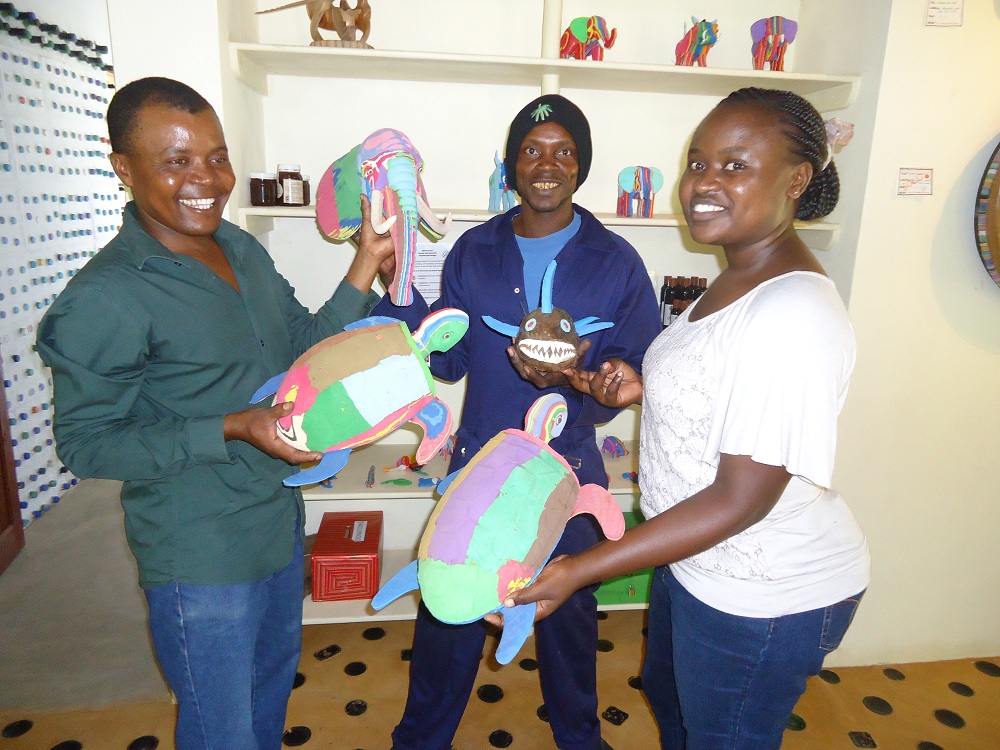

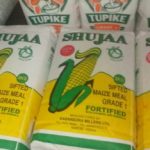





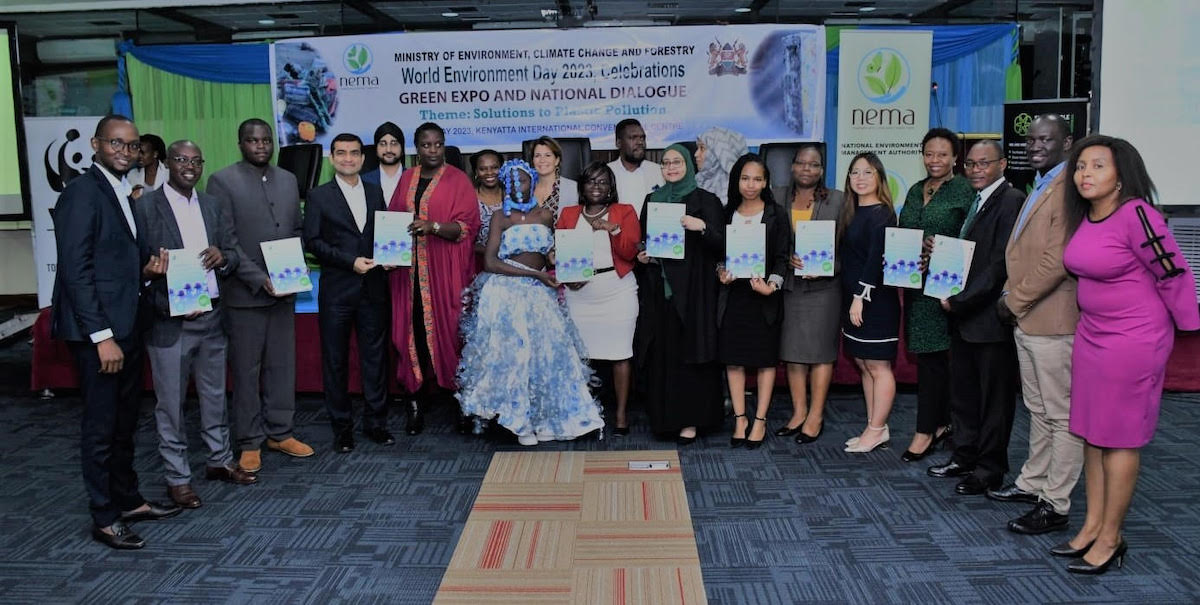
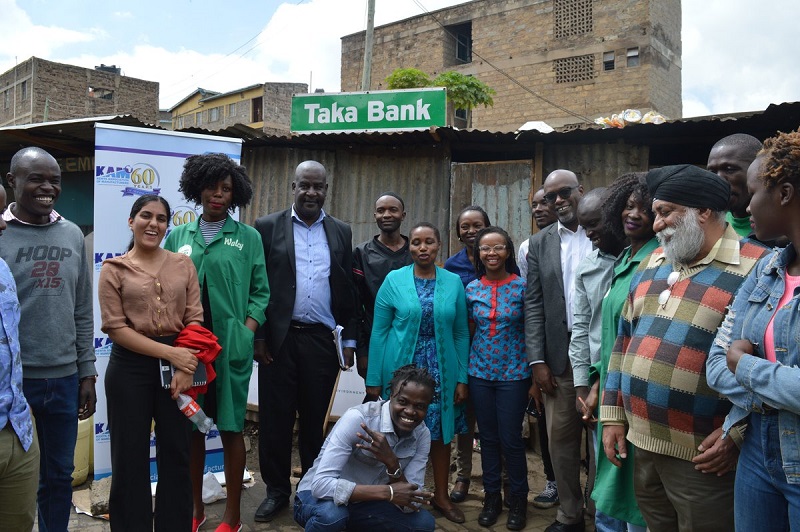
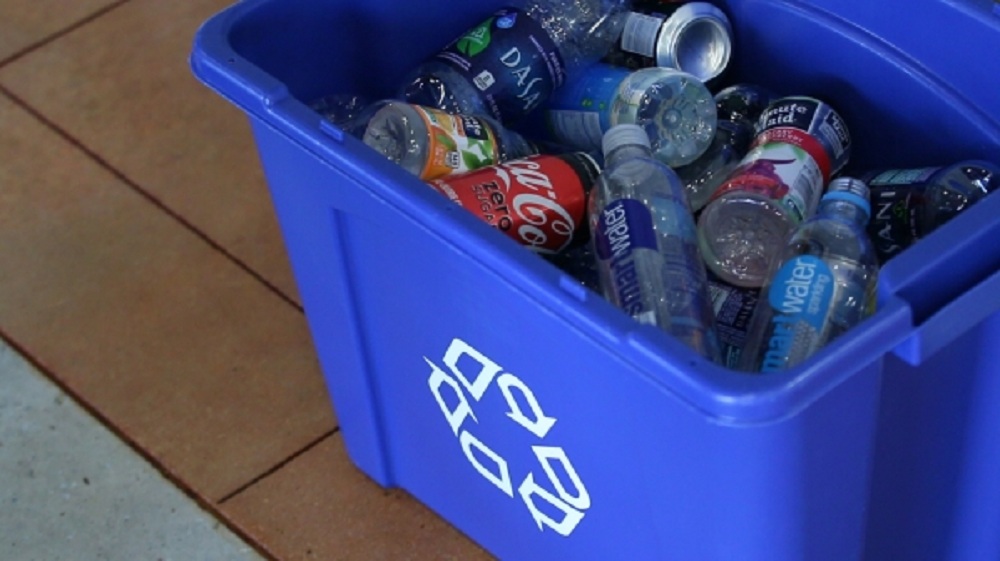

Leave a comment